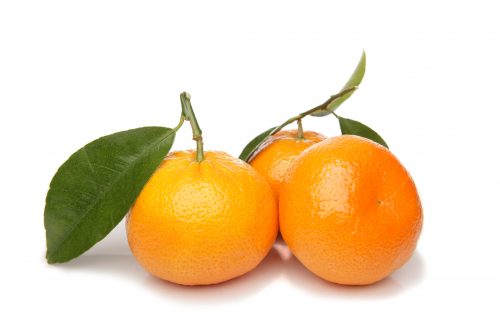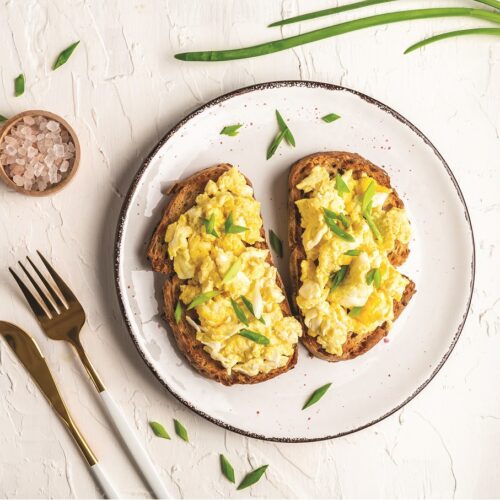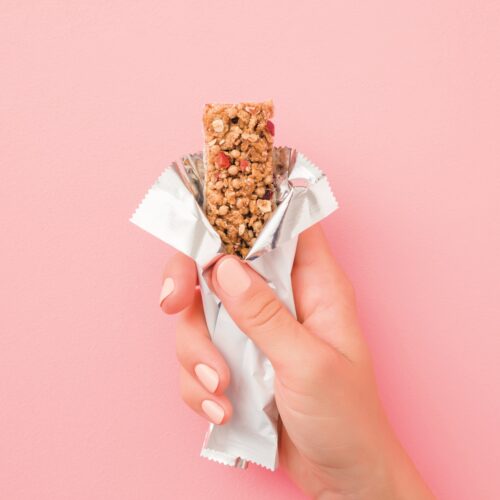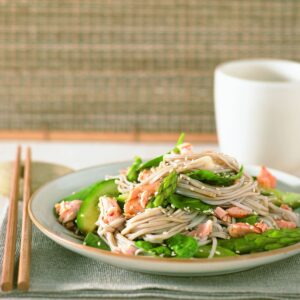
Buying
Avoid bruises, cuts or soft spots. Choose brighter, glossy mandarins that feel heavy, which means lots of juice. Note that some varieties have looser skin than others. Choose mandarins which are firm.
Storing
Mandarins can be stored in or out of the fridge. Keep in a cool, dark place for up to five days, or refrigerate in the crisper section for up to two weeks.
Preparation
Mandarins are easy to peel and break into segments. They are usually eaten raw but also taste great cooked. Remove seeds before cooking.
Nutrition
Like all citrus fruits, mandarins contain a good amount of vitamin C, along with other vitamins, minerals and fibre. Citrus fruits have over 170 different phytochemicals – constituents of fruits and vegetables thought to have a protective effect against some cancers. Eating lots of citrus fruits has also been linked to a reduced risk of coronary heart disease and stroke.
4 quick ways with mandarins
- Add some zest to your meal. Stir-fry chopped mandarin, lemon, honey, onion, bok choy, ginger and light soy sauce along with your favourite meat, noodles and fresh, sliced vegetables.
- Make a roast dinner with a difference: mash some mandarins into a paste with garlic, seeded mustard and honey. Brush the mixture over chicken, duck or leg of ham. Bake until cooked, basting repeatedly. The roast goes well with mashed potato and green beans or Brussels sprouts.
- Make your own healthy mandarin marmalade. Lightly boil 1 cup apple juice or water with 1kg mandarins (peeled, seeded and separated into segments). Add sugar and lemon zest and simmer, stirring, until you reach a desired consistency. Serve with whole grain toast, crêpes or poached fruit.
- Why not sweeten up a salad? Toss together mandarin segments, mixed salad, onion, avocado, snow pea sprouts, black olives, coriander, parsley and chopped celery. Dress with olive oil and vinegar.
The perfect snack
Mandarings are low in kilojoules – two small mandarins have about 165kJ.
www.healthyfood.com










